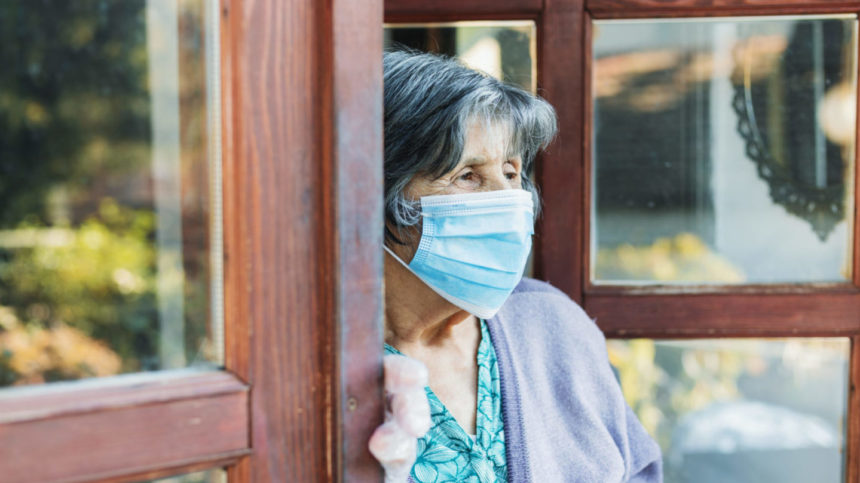
A new study led by Washington University School of Medicine in St. Louis reveals a significant decrease in people’s risk of developing long COVID over the course of the pandemic — from 2020 to 2022. The research, published in The New England Journal of Medicine, attributes approximately 70% of this risk reduction to COVID-19 vaccination, with the remaining 30% due to factors such as the virus’s evolving characteristics and improved detection and management of COVID-19.
The study, led by Ziyad Al-Aly, MD, a clinical epidemiologist at Washington University, analyzed data from 441,583 veterans with SARS-CoV-2 infections and 4.7 million uninfected individuals. The researchers divided the veterans into five groups: unvaccinated COVID-19 sufferers who acquired the original strain in 2020; the delta variant in 2021; and the omicron variant in 2022. The other two groups included vaccinated people who had the delta variant, and vaccinated people with omicron. No vaccines existed while the original strain circulated.
The findings show that the rate of long COVID dropped from 10.4% among those infected with the original strain to 3.5% among vaccinated individuals during the omicron era.
Despite this encouraging trend, Al-Aly warned against complacency. “Long COVID is not over,” he stated. “We cannot let our guard down. This includes getting annual COVID vaccinations, because they are the key to suppressing long COVID risk.”
The research also unveiled intriguing insights into the virus’s evolution. While the risk of heart, brain, kidney and lung problems declined during the omicron era, there was an increase in diseases associated with metabolic function and the gastrointestinal system. This shift highlights the importance of continued research and adaptation in treatment approaches.
As the global community continues to grapple with the long-term effects of COVID-19, this study underscores the critical role of vaccination in reducing long COVID risk. However, with millions already affected and more likely to develop long COVID in the future, ongoing research and support for those affected remain crucial.




